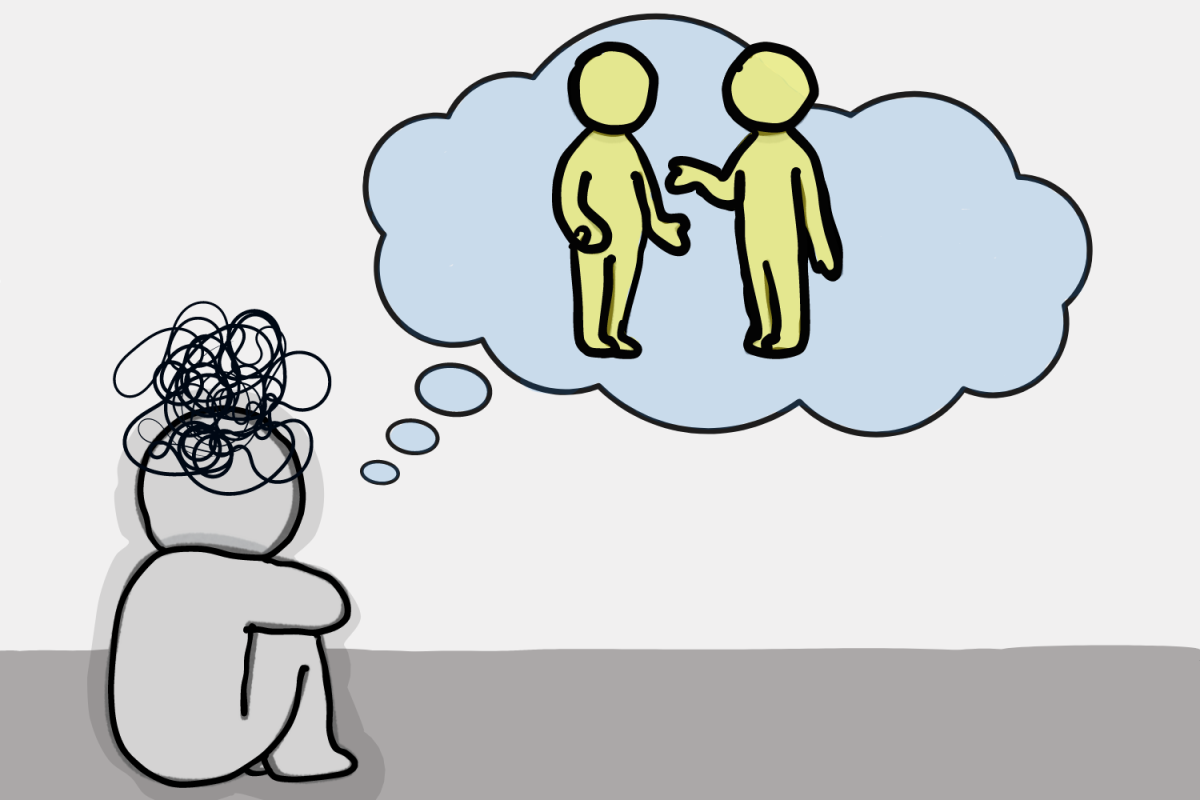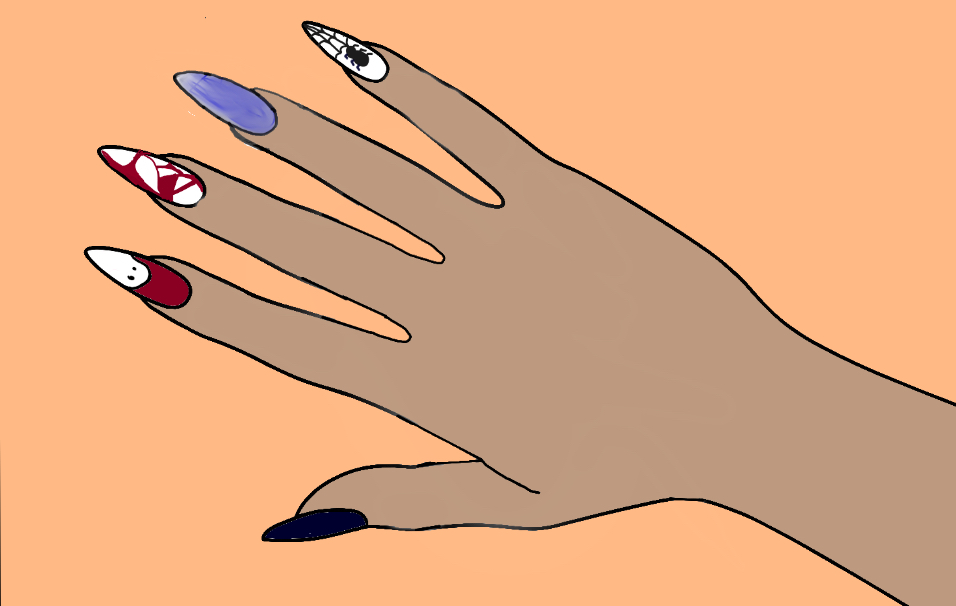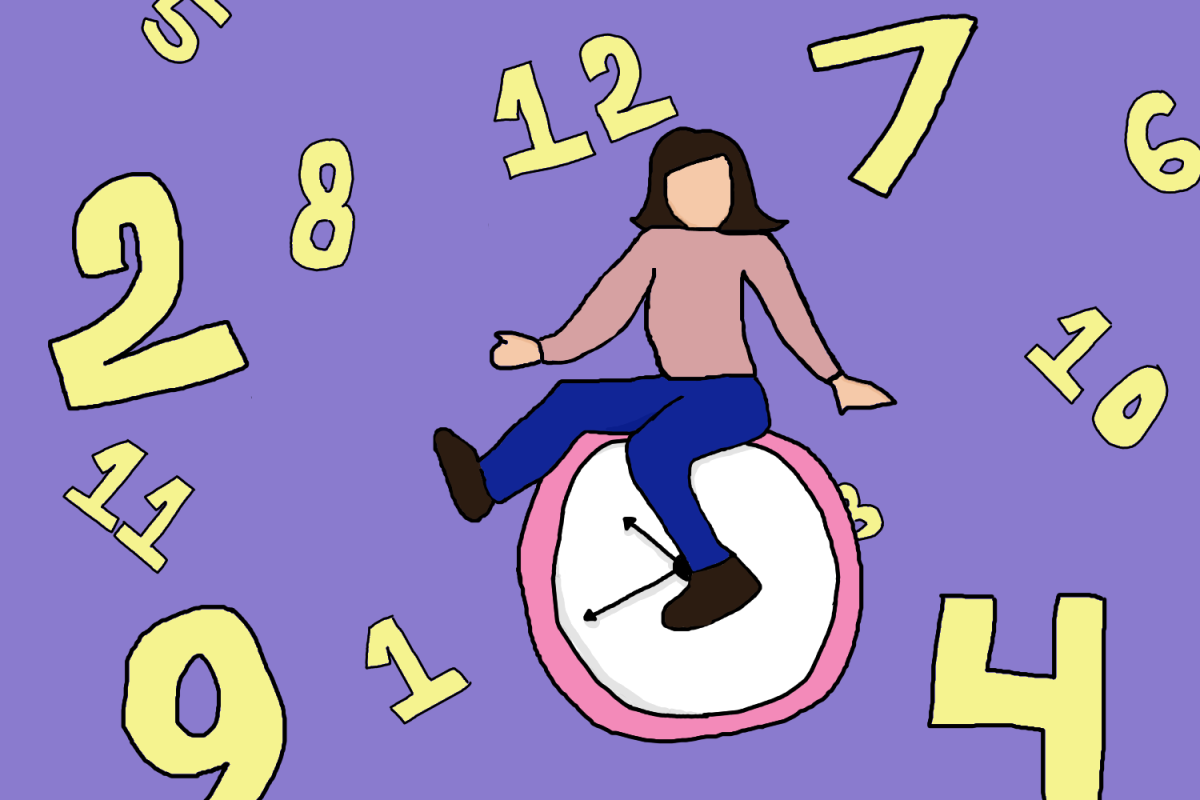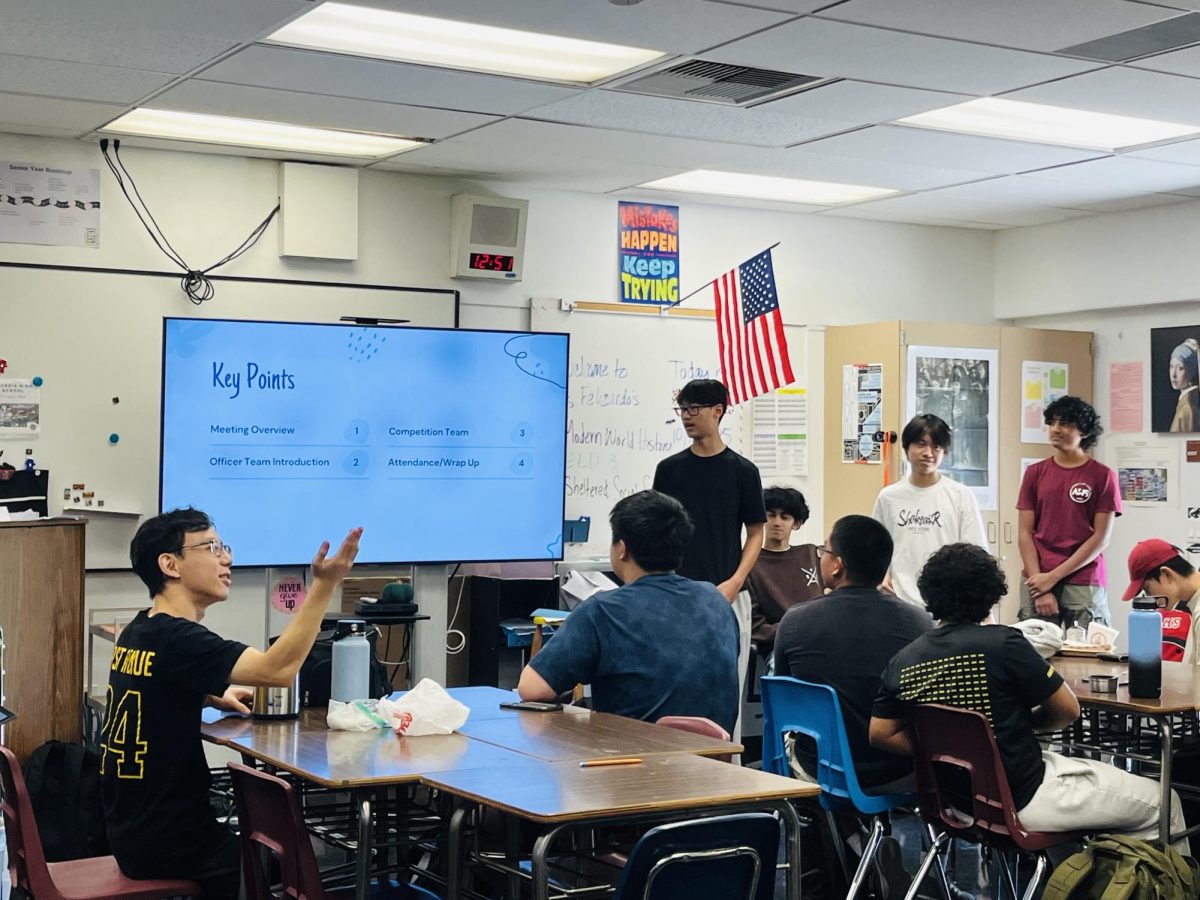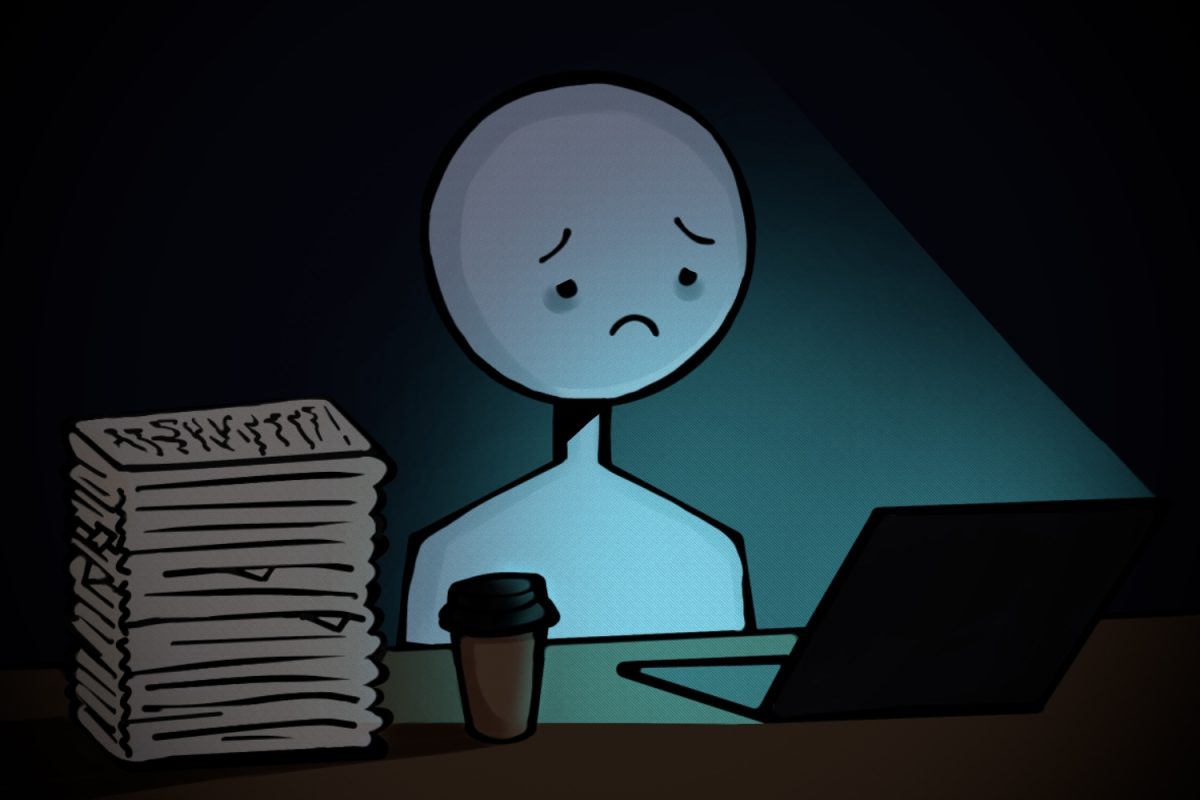Generation Z ranges from people 12 to 27-years-old. Within this demographic, isolation rates, the number of people who report feeling “isolated” and like “no one understands them,” are higher than both millennials and members of Gen X, and are said to be the loneliest generation. Although Generation Z’s great degrees of loneliness are caused by several elements, it seems that social media and COVID-19 are the main reasons.
With the COVID pandemic lockdown, Gen Z–most of which were high school, middle school, and college students–were forced to stay at home, resulting in little to no social interactions with people their age. Although we had online classes, that wasn’t enough to make up for the lack of socialization. Many students were shut in their rooms and forced to sit at a computer for most of the day. During this time, Harvard researchers at Making Caring Common performed a study to measure levels of loneliness in the U.S. Out of those surveyed, 61% of the people who reported high levels of loneliness were 18 to 25-years-old and 43% of young adults reported increases in loneliness since the outbreak of the pandemic. Today, the isolation rates have risen to 79% in 2024 within Gen Z alone, growing 18% since 2021, an astonishing statistic.
“I think the impacts of the pandemic were pretty egregious because social distancing and the lockdown led to a sharp decline in in-person interactions,” said junior Cristina Chen. “When you quarantine for a certain amount of time, you kind of lose the ability to talk with other people, which made it harder to actively interact and talk productively with other people with when the lockdown finished.”
Another big factor in Gen Z’s isolation is social media. As the first generation to grow up with social media, most of Gen Z is constantly online and used to using social media, so much so that it’s expected of people to have social media. But according to a study published by the National Institutes of Health, people who spend more time on social media are more likely to be associated with higher levels of loneliness.
“Since a lot of Gen Z grew up using social media, it affects our generation the most because a lot of people compare themselves to others online, which can contribute to loneliness. On the other hand though, social media helps to keep us connected with our friends and others, which is why it’s so controversial to say whether it’s good or bad,” said junior Paula Eccleston.
Usually, high schoolers tend to go online when they are bored, alone, or just want a distraction. After going on to social media, people usually feel worse and lonelier, which is associated with social media jealousy. Social media often depicts people as having “perfect” lives, which leads many teens to feel envious of the lives of others and compare themselves to people on social media. They may see their peers’ lives, celebrity lives, and others lives depicted in an ideal way. This causes many to get a feeling of sadness, knowing that they cannot be as accomplished as the images they see online, leading to a feeling of isolation from the people who have “perfect” lives.
Both of these factors contribute to loneliness, which has effects on the physical and mental health of teenagers. Some of which include, trouble sleeping, weakened immune system, higher risk of participating in risky behaviors, lower happiness levels, and depression. Especially at the high school level, many teenagers stay up until the early hours of the morning, doing homework, studying, scrolling on social media, and are often tired when going to school, which leaves them with less energy to socialize. Loneliness is a big factor in developing depression, people who are lonely often deal with depression. Two studies within the same time period showed high levels of loneliness in 61% of young adults and symptoms of anxiety and depression in 63% of young people, a sad correlation. Young adults are especially prone to developing depression, which is why it is especially important to try to combat loneliness from a young age.
You can combat the negative effects of social media by changing the way you view social media, not as a way to distract yourself or pass the time, but just as a way to maintain contact with friends and family and make new friends. Taking time off of social media and socializing more in-person can also influence the way you feel. According to Summa Health, socializing decreases symptoms of loneliness, isolation, and anxiety since it allows the body to release endorphins, which are groups of hormones that increase feelings of wellbeing. Being with friends can help people feel a sense of belonging and help them feel more supported, leading many to gain a higher sense of worth and feel emotionally supported.
As high schoolers seek more ways to combat loneliness, some of the most important things to do is to go to more school clubs, talk more with classmates, and actively seek new friendships. Here, at Arcadia High School, we have many engaging clubs that students can join. Clubs are open to all students and you can usually drop in to meetings at any point during the school year, which means there are various opportunities to meet new people and socialize.
When asked about what she thinks could be a solution for loneliness, Chen said, “Since Gen Z is very addicted to their phones, I think that they can also try to create or go on to online communities where they can interact with others without having to talk in person.”
This is another great way to combat loneliness, especially for students who have trouble interacting with others in person. Interacting with people, regardless of online or in person, has great benefits so if some people don’t feel comfortable talking in person, online friends are a good solution as well.
Although these steps may be hard for people so used to the feeling of isolation, it can really change how Gen Z is affected by loneliness for the better. By taking steps to engage more with other people, you can help someone escape the feeling of solitude too. There are plenty of ways to overcome the feeling of isolation, so for yourself and others, take advantage of these opportunities.

